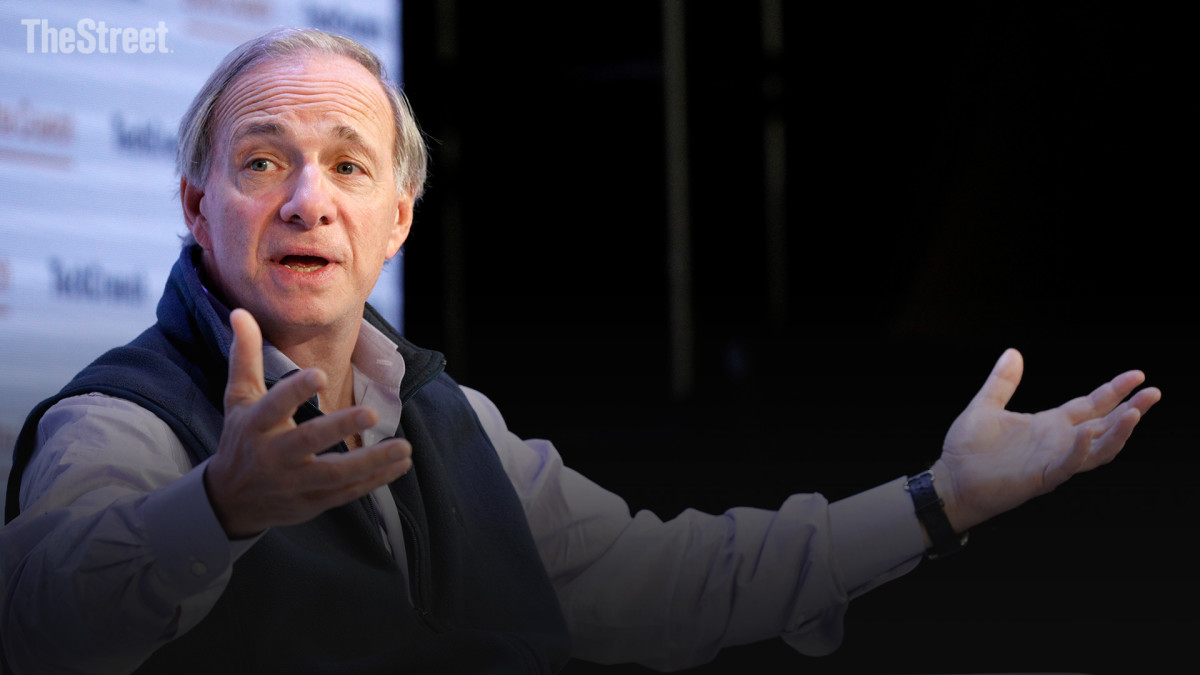
Veteran investors stay in the game by sticking to their principles, but sometimes those principles change based on the situation on the ground.
Ray Dalio, founder of Bridgewater Associates one of the most influential investment management firm's in the world, made headlines in early 2020 when he proclaimed that "cash is trash."
Related: Billionaire Ray Dalio Offers Management Advice That Investors Shouldn’t Ignore
Fast forward to 2023, Dalio had a clear change of heart when he declared that "cash is good," leaving some of his followers perplexed at the abrupt change in philosophy.
Recently, Dalio took to LinkedIn to clarify his position on the matter.
"Sometimes cash is good and sometimes cash is bad. This is based on a number of measures I use and want to pass along so I can help you 'fish' rather than give you a 'fish' (i.e., a conclusion without the reasoning that led to it)," Dalio wrote.
So what's the determining factor for when cash is a good thing to hold and when it isn't? Interest rates. They were "trashy" for cash as less than 1% back in 2020, but now that the Federal Reserve's benchmark rate sits at about 5.5%, cash as an investment vehicle is much more attractive.

Image source: Shutterstock.
But his evaluation of currencies is a bit more nuanced than just where interest rates sit at the moment.
To assess the appeal of cash and bonds, Dalio says he looks at:
- the levels of interest rates relative to prospective inflation rates (i.e., the real interest rate)
- whether the Fed is likely to tighten or ease rates based on whether inflation and growth are higher (which will make them tighten) or lower (which will lead them to ease) than the Fed wants them to be
- the attractiveness of the expected cash return relative to the attractiveness of other investments based on their prospective returns, and
- the supply-demand picture for cash and bonds.
Dalio says he's inclined the lend cash when interest rates are rising and the "risk-free interest rate is more than 1% above the inflation rate" and "when the real interest rate is at or above the economy's real growth rate."
He goes more in depth into his decision making process in the blog, but gives a warning to those looking to follow his advice.
"I probably gave you just about enough to be confused and dangerous to yourself, but I did give you the best brief answer to the question about how I think about these things. I hope it helps you," Dalio said.
Get investment guidance from trusted portfolio managers without the management fees. Sign up for Action Alerts PLUS now.







